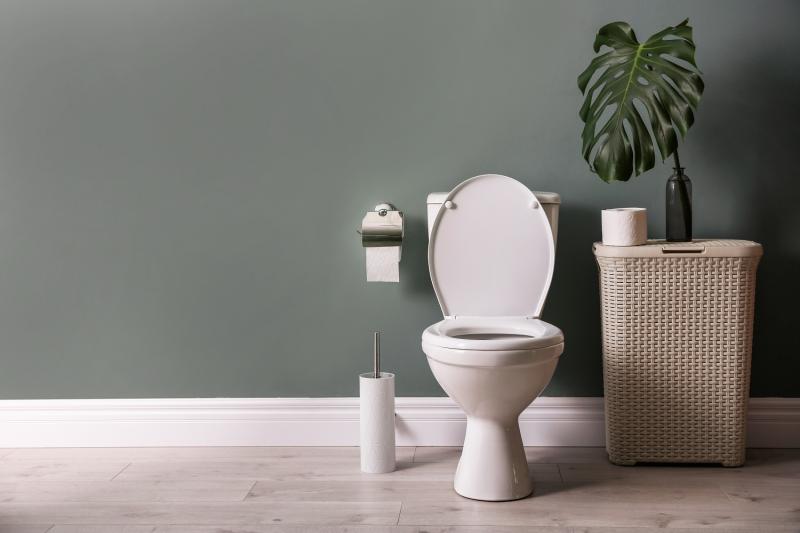Press Office
How we talk about our ‘homes’ is changing, language professor reveals
Words like ‘loo’, ‘bog’ and ‘settee’ could become extinct, as Gen Zs and Millennials are using the phrases less than older generations

- British Gen Z and Millennials are opting for Americanisms like ‘restroom’ and ‘washroom’, however ‘drawing room’ is making a comeback thanks to programmes like Bridgerton
- Gen Z and Millennials most likely to call the TV remote ‘changer’, ‘button box’, ‘clicker’ or ‘switcher’
- Sociolinguistics professor at Cardiff University says regional phrases risk being lost as words like ‘living room’ and ‘sofa’ dominate UK
- Scots more likely to say ‘couch’ while people in North East and Yorkshire prefer ‘settee’
Increased media consumption, social media and travel means language is constantly evolving. A leading language professor and new research from Admiral Home Insurance has revealed how the language we use when talking about our homes is changing and the UK’s once favourite phases that are risk of becoming extinct.
The research, which analysed how people across the UK talk about rooms and items in their home, revealed that Gen Z and Millennials are in favour of Americanisms like ‘restroom’ (10% / 17%) and ‘washroom’ (10% / 19%). ‘Loo’ is also much less commonly used by younger generations than older people when talking about the toilet (36% / 53%). Terms like ‘drawing room’ are making a comeback thanks to the popularity of period programmes like Bridgerton.
Commenting on the generational differences, Professor Mercedes Durham of Cardiff University says: “Young people are more likely to pick up new ‘forms’ such as Americanisms like ‘restroom’ or ‘washroom’ for toilet. And this extends to terms like ‘TV room’ or ‘family room’ for the main reception room.”
“It was once thought that vocabulary reflected societal class structures. Lounge, toilet and settee or couch may once have been considered middle and working class, while sitting room and drawing room, WC or lavatory and sofa considered as upper middle or upper class, however the research shows that the most frequently selected words are no longer tied to class.
“Surprisingly, the research shows people under the age of 45 are more likely to use older British phrases like ‘drawing room’, ‘morning room’ and ‘salon’ than older people. This may be tied to the fact the younger speakers chose more options, but it underlines that the older terms still are in use in some contexts.”